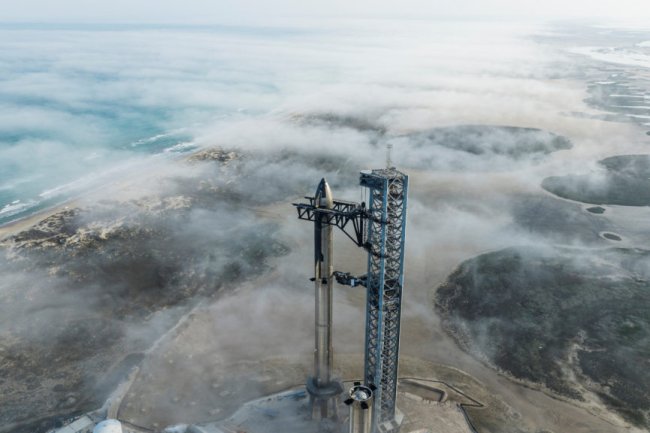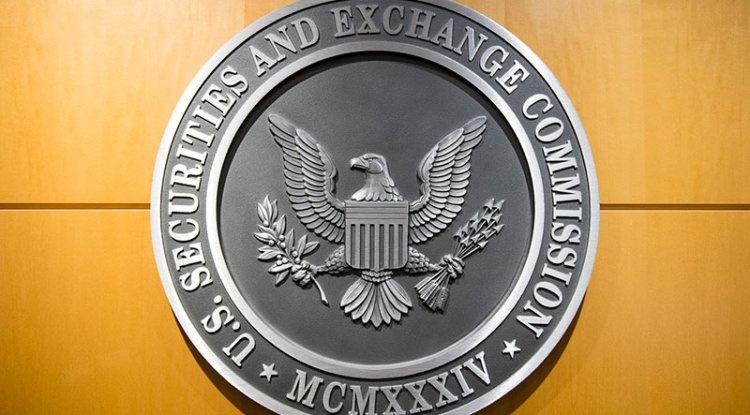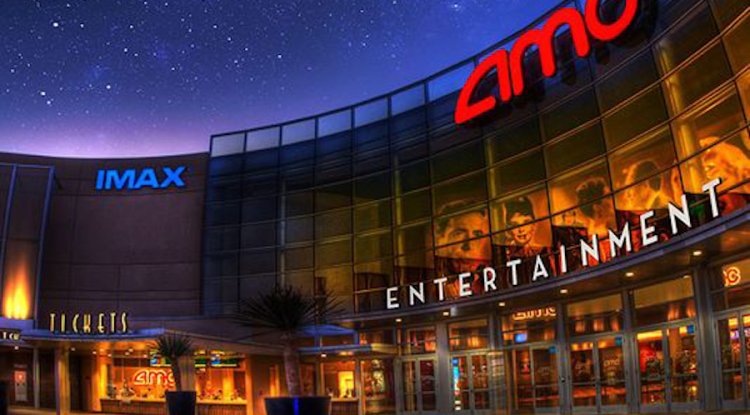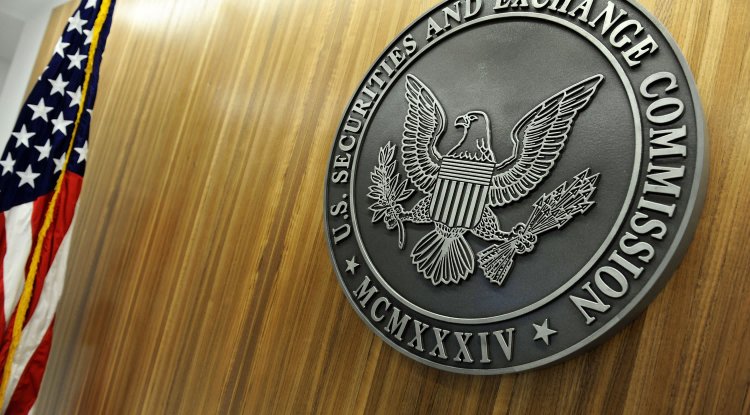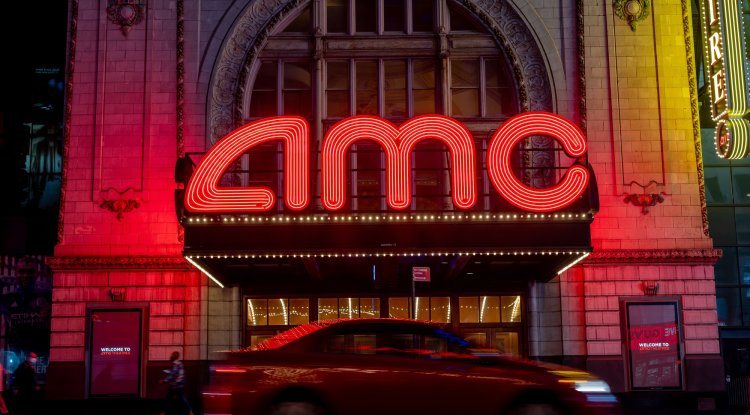Who is Elon musk ?
Elon Musk, the CEO of Tesla Inc. and the private space company SpaceX, has achieved global fame as an entrepreneur. Musk was an early investor in several tech companies. His success and personality have drawn comparisons to other colorful tycoons in American history, such as Steve Jobs, Howard Hughes, and Henry Ford.
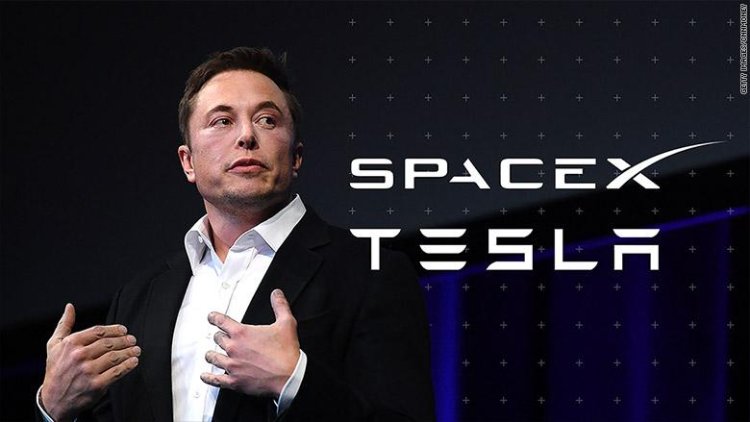
Who is Elon Musk?
Elon Musk, the CEO of Tesla Inc. (TSLA) and the private space company SpaceX, has achieved global fame as an entrepreneur. Musk was an early investor in several tech companies, and he completed a deal to take Twitter Inc. private in October 2022.
His success and personality have drawn comparisons to other colorful tycoons in American history, such as Steve Jobs, Howard Hughes, and Henry Ford. He was named the world's richest person, with a net worth of $212 billion as of October 2022.
Musk surpassed Amazon.com Inc. (AMZN) founder Jeff Bezos for the first time in 2021.
Early Life

Musk was born in South Africa to a South African father and a Canadian mother. He demonstrated an early aptitude for computers and entrepreneurship. He created a video game at the age of 12 and sold it to a computer magazine. Musk left South Africa in 1988, after obtaining a Canadian passport, because he was unwilling to support apartheid through compulsory military service and decided to seek the greater economic opportunities available in the United States.
Musk moved in with his father after his parents divorced in 1980. He would later call his father "a terrible human being...he has done almost every evil thing you could possibly think of."
"I had a terrible childhood. Growing up, I faced a lot of adversity. "One of my concerns about my children is that they don't face enough adversity," Musk would later say.
Early Accomplishments
Musk used technology as an escape. At the age of ten, he began learning to program on a Commodore VIC-20, an early and reasonably priced home computer. Musk was soon proficient enough to create Blastar, a video game in the style of Space Invaders. He sold the game's BASIC code to a PC magazine for $500.
In one memorable childhood incident, Musk and his brother planned to open a video game arcade near their school. Their parents rejected the plan.
College years
Musk moved to Canada and enrolled at Queen's University in Kingston, Ontario. He met Justine Wilson, an aspiring writer, there. They married and had five sons, twins and triplets, before divorcing in 2008.
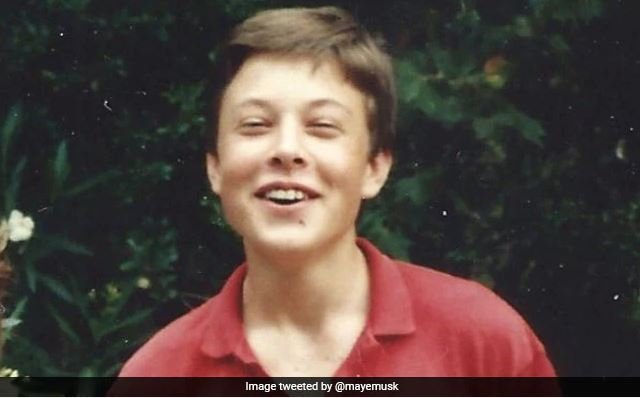
In the U.S
Musk transferred to the University of Pennsylvania after two years at Queen's University. He took on two majors, but it wasn't all work and no play for him. He and a fellow student purchased a 10-bedroom fraternity house, which they used as an impromptu nightclub.
Musk earned a bachelor of science in physics as well as a bachelor of arts in economics from the Wharton School.
Musk's career was foreshadowed by the two majors, but it was physics that had the most profound impact.
"(Physics) is a good framework for thinking," he'd later say. "Bring things down to their basic truths and reason from there."
Paypal and SpaceX
Musk left the University of Pennsylvania in Philadelphia after only two days because he believed that the Internet had far greater potential to change society than physics work. In 1995, he founded Zip2, a company that provided online newspapers with maps and business directories. Zip2 was purchased by computer manufacturer Compaq for $307 million in 1999, and Musk then founded X.com, which later became PayPal, which specialized in online money transfers. PayPal was purchased by eBay for $1.5 billion in 2002.
Musk has long believed that in order for life to survive, humanity must evolve into a multiplanet species. He was, however, dissatisfied with the high cost of rocket launchers. He founded Space Exploration Technologies (SpaceX) in 2002 to create more affordable rockets. Its first two rockets, the Falcon 1 (launched in 2006) and the larger Falcon 9 (launched in 2010), were designed to be much less expensive than competing rockets.
The Falcon Heavy (first launched in 2018) rocket was designed to carry 117,000 pounds (53,000 kg) to orbit, nearly twice as much as its closest competitor, the Boeing Company's Delta IV Heavy, for one-third the price. The Super Heavy-Starship system is SpaceX's successor to the Falcon 9 and Falcon Heavy. The first stage of the Super Heavy would be capable of lifting 100,000 kg (220,000 pounds) into low Earth orbit. The payload would be the Starship, a spacecraft designed for rapid transportation between cities on Earth as well as the establishment of bases on the Moon and Mars.
SpaceX also created the Dragon spacecraft, which transports supplies to and from the International Space Station (ISS). Dragon can transport up to seven astronauts, and in 2020, it flew astronauts Doug Hurley and Robert Behnken to the International Space Station. The Super Heavy-Starship system's first test flights will take place in 2020. Musk was not only the CEO of SpaceX, but he was also the chief designer of the Falcon rockets, Dragon, and Starship.
Tesla
Musk had long been intrigued by the potential of electric vehicles, and in 2004, he became one of the major backers of Tesla Motors (later renamed Tesla), an electric vehicle company founded by entrepreneurs Martin Eberhard and Marc Tarpenning. Tesla introduced its first car, the Roadster, in 2006, which could travel 245 miles (394 kilometers) on a single charge. It was a sports car that could go from 0 to 60 miles (97 km) per hour in less than four seconds, in contrast to most previous electric vehicles, which Musk thought were stodgy and uninteresting.
The company's initial public offering in 2010 raised approximately $226 million. Tesla introduced the Model S sedan two years later, which was praised by automotive critics for its performance and design. The Model X luxury SUV, which hit the market in 2015, earned the company even more praise. The Model 3, a more affordable vehicle, was introduced in 2017 and quickly became the best-selling electric vehicle of all time.
Dissatisfied with the projected cost of a high-speed rail system in California $68 billion, Musk proposed the Hyperloop in 2013, a pneumatic tube in which a pod carrying 28 passengers would travel the 350 miles (560 km) between Los Angeles and San Francisco in 35 minutes at a top speed of 760 miles (1,220 km/h), nearly the speed of sound. Musk claimed that the Hyperloop would be $6 billion and that, with pods departing every two minutes on average, the system would be able to accommodate the six million people who travel that route each year. However, he stated that due to his responsibilities at SpaceX and Tesla, he was unable to devote time to the Hyperloop's development.
Musk, a frequent poster on the messaging platform, revealed a 9.2% stake in Twitter in April 2022.
Twitter responded by offering Musk a seat on its board of directors, which he accepted before declining a few days later.
Musk then wrote to Twitter's board of directors, proposing to buy the company for $54.20 per share.
Twitter's board of directors enacted a poison pill provision to deter Musk from acquiring a larger stake, but they ultimately accepted Musk's offer after he disclosed $46.5 billion in committed financing for the deal in a securities filing.
Musk attempted to cancel the agreement in July 2022, claiming that Twitter had failed to provide certain information about fake accounts. The company sued Musk in order to compel him to complete the transaction.
After months of legal battles, the billionaire's plan to purchase Twitter came to fruition, and Musk took control of the social media platform on Oct. 28, 2022.
Here's a small favor we'd like to ask.
In contrast to many other companies, Investorturf has no shareholders, and its owner is not a billionaire. Delivering high-impact global reporting requires only determination and passion. Democracy, equity, and holding the powerful accountable for their actions require reporting like this. It's all free to read, so everyone can benefit from it. Information equality is what motivates us to do this.
News that is quality and truthful can be accessed universally, regardless of financial means. You have never had a better time to join us than right now. The support of each individual, however big or small, is vital for the future of our work.
Donate as little as €1 to InvestorTurf - it takes less than a minute.
Follow InvestorTurf on Twitter
What's Your Reaction?








